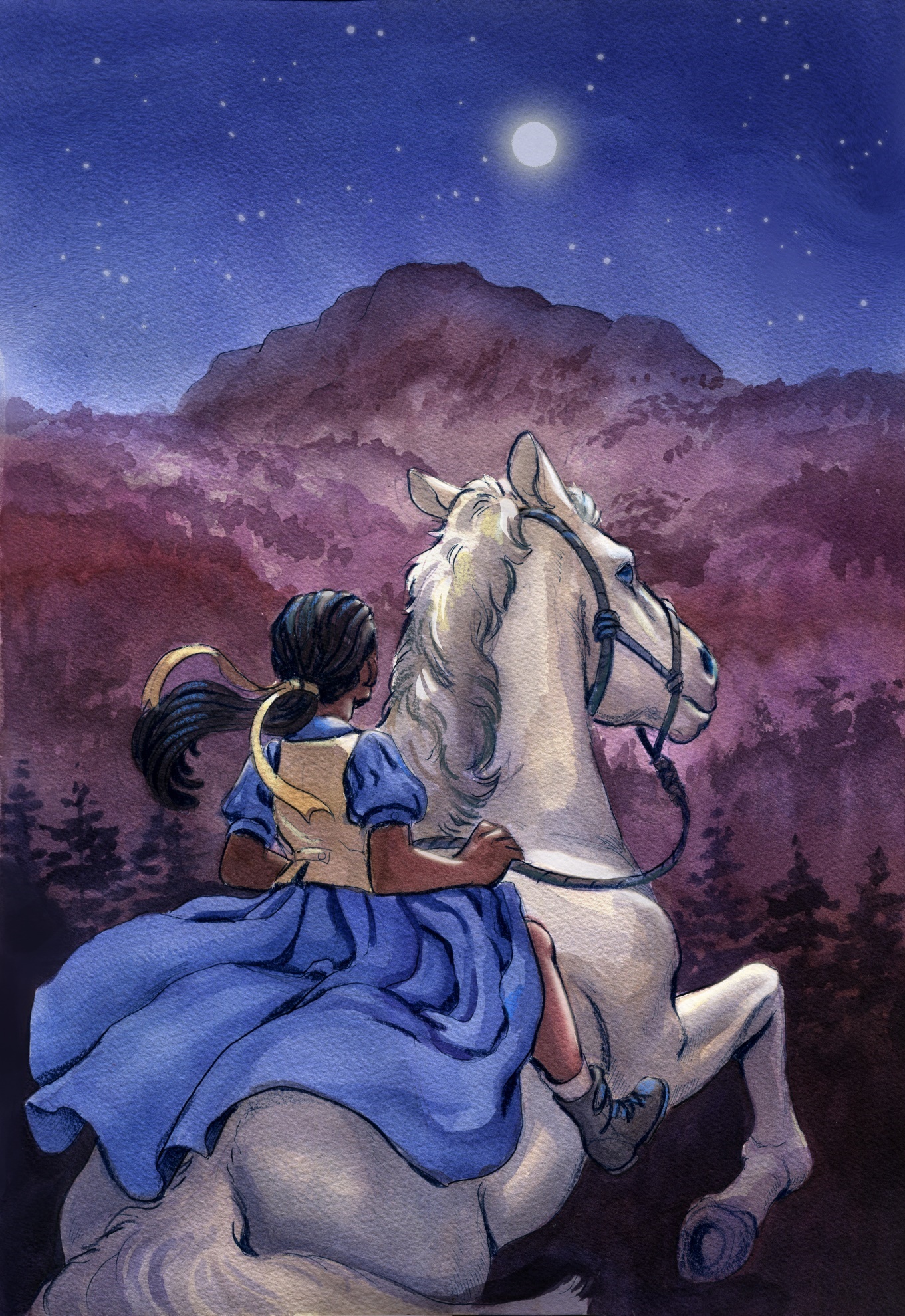Chapter 29:
What The Water Will Take
The drought swallowed up the water, and the farmers found in the bottom of ponds and streams their gifts given to the ferryman.
Unsure who they belonged to, the farmers piled them next to the Ofere for people to collect and bring home – no one dared to resend the gifts.
Though they found gift after gift, no one found a single offering - all the offerings had been accepted by the ofere, when it was sent on the first full moon of autumn. Anything given out of that time was rejected.
Moth and Ama, late in the evening, stood by the Ofere and stared at the piles of clay-caked packages and jars, amassed in heaps far away from the edge of the sinkhole.
The farmers, slinking in after work, collected whatever they had gifted; they were ashamed their gifts had been rejected, but they could not afford to waste food as crops withered around them.
Rummaging through the piles, Moth and Ama looked for anything her family might have gifted to the ferryman. She was not sure if she’d be able to recognize something from them, as any label they might have put on it had been washed away or stained with dirt, leaving behind faint letters on the packages and bottles.
“I think this was from Mrs. Tunhofe,” said Ama, lifting a package. “It’s wrapped in the same fabric she made her blouse from.”
